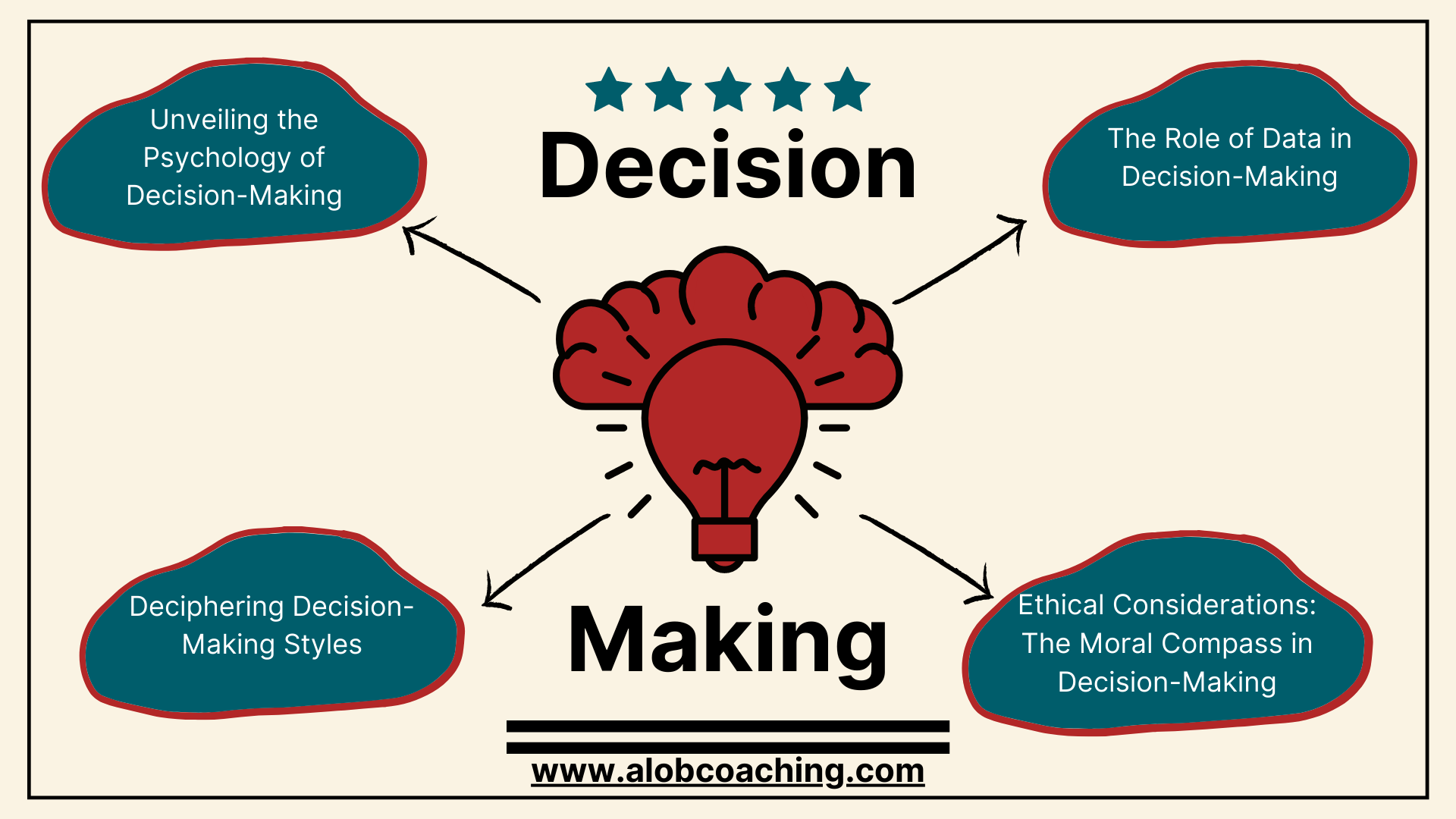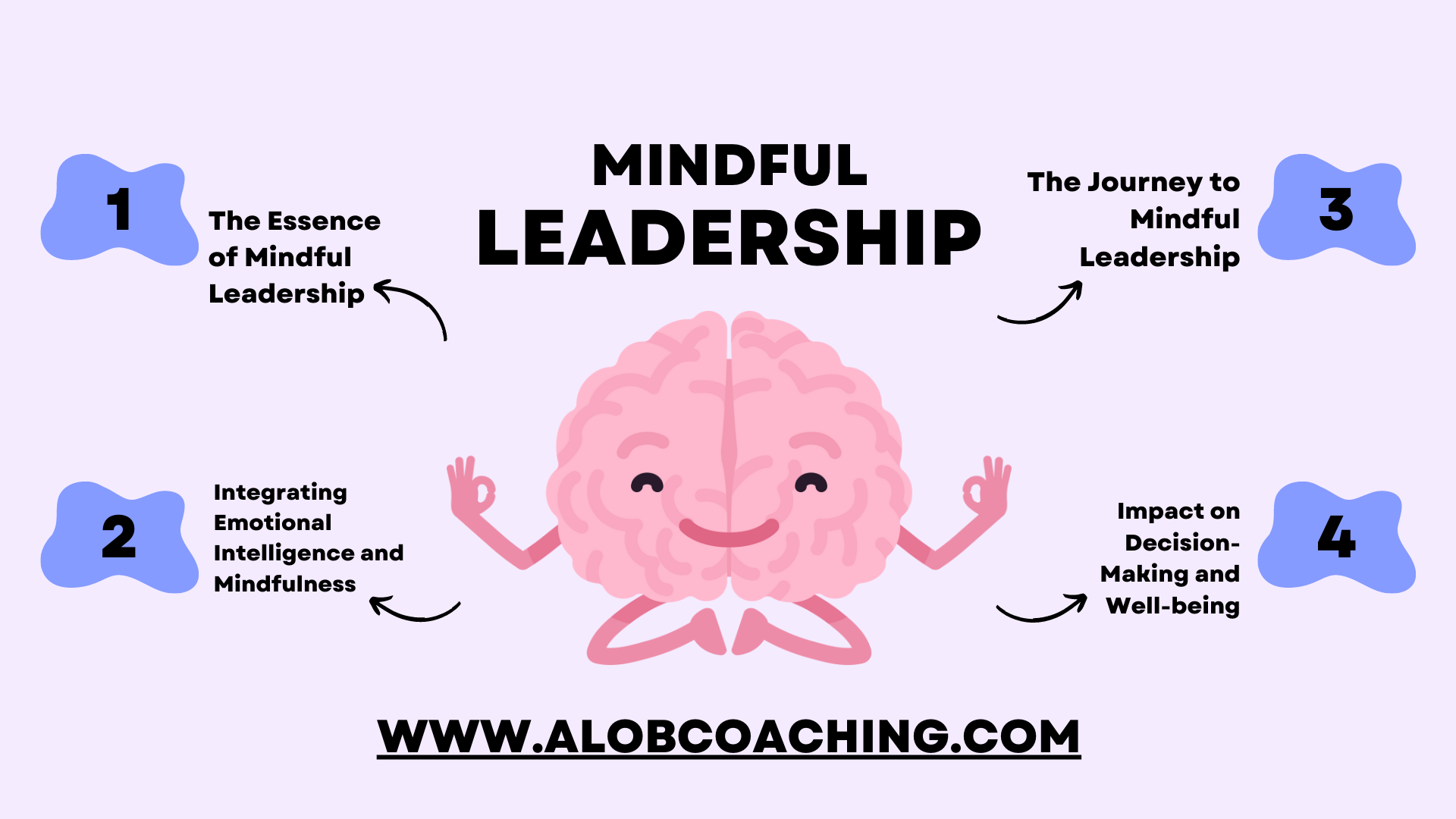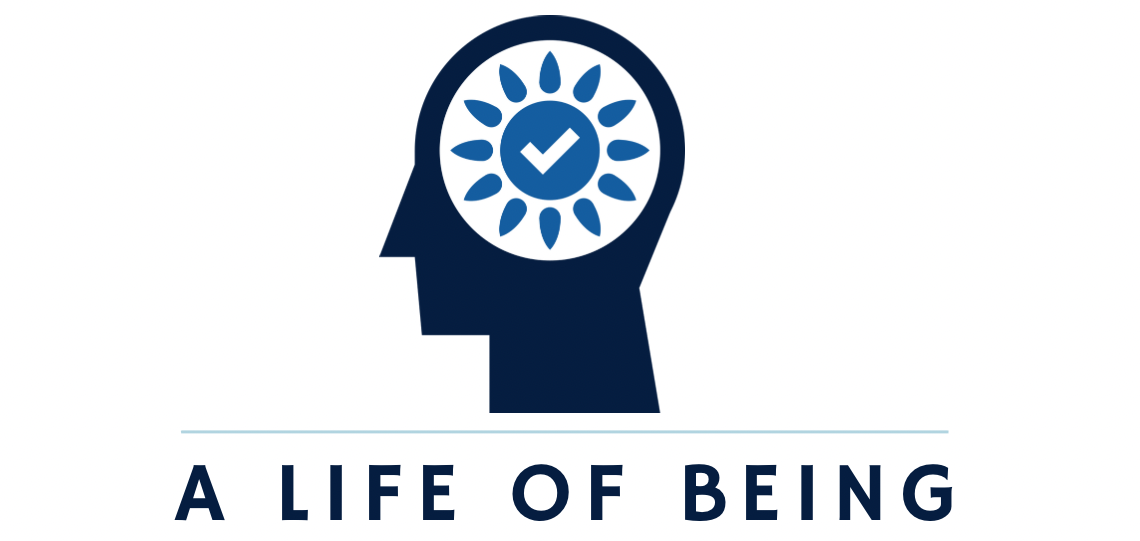The Science of Decision-Making in Leadership
Navigating the Path to Success

In the intricate world of leadership, the art of decision-making stands as the bedrock of effective management. The science behind decision-making merges profound psychological insights with strategic wisdom, providing leaders with a compass to navigate the sea of choices that lay the foundation for triumphant success.
Unveiling the Psychology of Decision-Making
At its core, decision-making is a complex cognitive process influenced by a myriad of factors. Peeling back the layers of this process reveals the fascinating world of psychological underpinnings – cognitive biases, risk perception, and the delicate dance between intuitive and rational decisions. Understanding these psychological intricacies empowers leaders to approach the intricate web of choices with heightened clarity and precision.
Cognitive biases, those subtle mental shortcuts we unconsciously take, can often lead to suboptimal decisions. For instance, confirmation bias, the tendency to seek out information that confirms our existing beliefs, can blind us to alternative perspectives. Recognizing these biases and deliberately seeking diverse viewpoints can significantly improve the quality of decisions.
Moreover, risk perception plays a pivotal role in decision-making. Leaders who are aware of their own risk tolerance and are equipped with the ability to gauge the potential gains against losses can make decisions that strike the right balance between caution and innovation.
The Role of Data in Decision-Making
In the age of information, data is a potent tool for making informed decisions. Effective leaders gather and dissect relevant data, transforming it into actionable insights. This data-driven approach not only serves as a counterbalance to biases but also elevates strategic thinking. It allows leaders to see beyond surface-level information, discern patterns, and comprehend the intricate threads that shape their choices.
However, data alone is not enough. Interpreting data requires a critical eye and an understanding of context. Numbers devoid of context can be misleading, leading to erroneous conclusions. Effective leaders combine data-driven insights with their experience and intuition, creating a well-rounded decision-making process.
Deciphering Decision-Making Styles
The art of decision-making is further nuanced by the spectrum of decision-making styles. From autocratic decisions made by a single authoritative figure to democratic choices that involve collective input, each style brings its unique strengths to the table. The key lies in discerning the right style for the right circumstance.
In times of crisis, autocratic decisions might be necessary for swift action. However, in situations that demand diverse perspectives and creativity, a democratic approach can yield innovative solutions. Skillful leaders recognize the versatility of these styles and seamlessly adapt them to fit the specific contours of each situation.
Ethical Considerations: The Moral Compass in Decision-Making
Ethics serves as the moral compass in decision-making. Balancing competing interests while upholding organizational values is a paramount concern. Ethical decisions not only reinforce integrity but also contribute to long-term success. They lay the groundwork for trust-building with stakeholders, a cornerstone of effective leadership.
However, ethical decisions are seldom black and white. They often inhabit the grey areas where values, interests, and consequences intersect. Effective leaders engage in rigorous ethical reflections, seeking guidance from codes of conduct and seeking diverse perspectives to arrive at choices that align with their organization's mission and values.
These insights, while invaluable, are but a fragment of the comprehensive puzzle of effective decision-making in leadership. True mastery in this art demands more than theoretical knowledge; it demands resilience, adaptability, and a profound understanding of oneself and the team. This is where our special offering, the Leadership Influence IQ, steps into the spotlight.
Don't let the intricacies of decision-making hinder your progress. Equip yourself with our powerful toolkit and embark on a transformative journey towards effective, informed leadership. This journey will empower you to navigate choices with confidence, transforming them into stepping stones towards success.
Start your journey to empowered decision-making today Leadership Influence IQ.
The Blog


a b c d e f g h i j k l m n o - Do not remove from template!!! it is important to support different fonts



